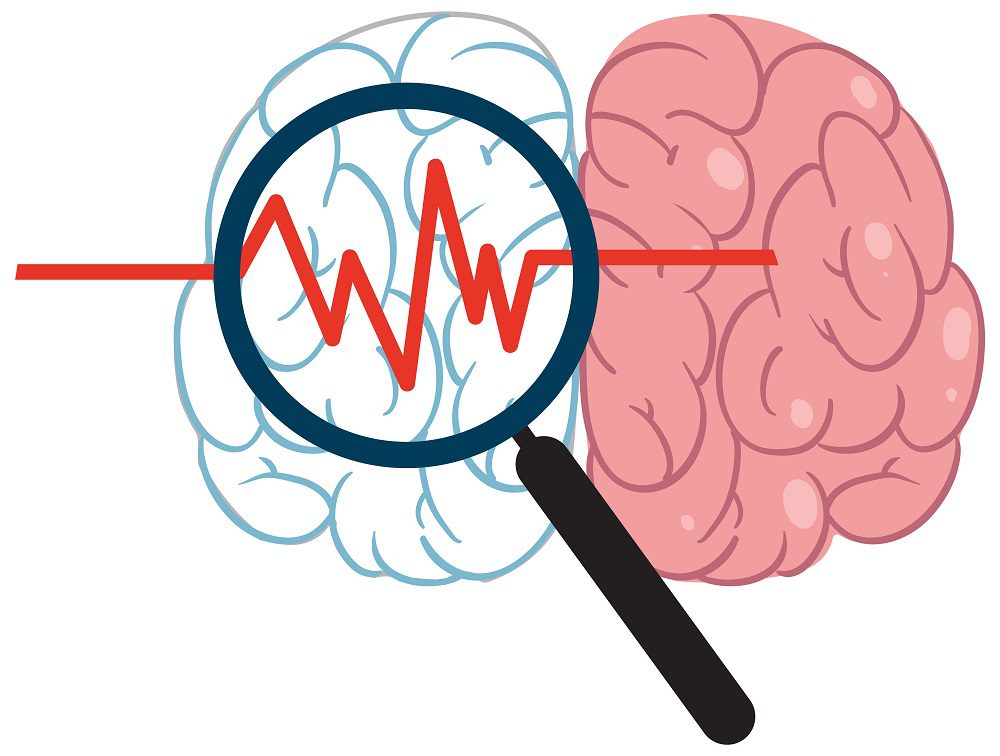Schizophrenia is a neurodevelopmental disorder and the growth factors (EGF, VEGF, FGF-2, TGF-α, PDGF-AA, PDGF-AB/BB) plays an important role in the development of schizophrenia symptoms. Growth factors are cytokine molecules that are important in the regulation of tissue nucleation, cell development, survival, and migration of all tissues in organisms including the brain and nervous system.
TGF-α, and PDGF-AA serum levels are significantly elevated in schizophrenia. FGF-2 levels are positively correlated with the duration of schizophrenia. VEGF serum levels are significantly low in schizophrenia.
Changes in PDGF serum levels may be associated with the development of cognitive impairment characteristic of schizophrenia due to their possible pathogenesis that is associated with vascular disturbances. An increase in the TGF-α , and PDGF concentration can be considered a compensatory reaction in response to damage and death of nerve cells which can further increase schizophrenia. FGF is an unsecreted growth factor that is only released as a result of cell death or damage. FGF correlation with the duration of schizophrenia indicates an increase in destructive processes which can worsen the quality of life and subsequent prognosis.















